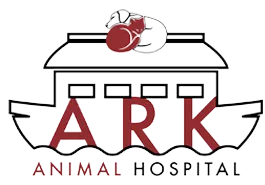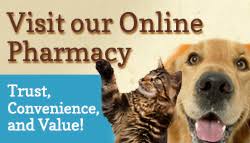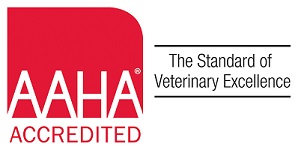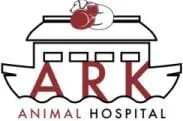
February is National Pet Dental Awareness Month. There are very scary statistics out there that over 80% of our patients have dental disease. Examining the mouth can give us a good idea of how healthy the teeth are, but dental disease also lies below the gum line. Examining the mouth is part of a complete veterinary physical examination.
There are several warning signs that your pet may need to have an oral examination sooner rather than later. Such symptoms can include bad breath, broken or loose teeth, extra teeth or baby teeth that haven’t fallen out, teeth that are discolored or covered in tartar, abnormal chewing, drooling, or dropping of food from the mouth, pain around the mouth, bleeding from the mouth, and swelling in areas surround the mouth. Be very careful when examining your pets mouth, they may be painful and can bite.
Cavities are more common in people than they are in pets, but our furry friends can get many of the same dental problems we can. Periodontal disease is the most common dental condition in dogs and cats. According the AVMA by the time your pet is 3 years old they very likely will have some early evidence of periodontal disease. Periodontal disease doesn’t just affect the mouth, it can be associated with problems in the kidneys, liver, and heart. Periodontal disease all starts with plaque that hardens into tartar. Tartar below the gun line is damaging and sets the stage for infection and damage to the jawbone and tissues connecting the tooth to the jawbone. Periodontal disease is treated with a thorough dental scaling, polishing, and examination while under sedation.
Periodontal disease can be treated, but an ounce of prevention is worth a pound of cure. Regular brushing is the best way to prevent the formation of plaque and will reduce the frequency of cleanings by your veterinarian. Daily brushing is best, and you can get there with a little training and patience. There is also a great product call Oravet Chew which contains a medication to keep from plaque from attaching to the teeth. You should look for toys and treat certified by the Veterinary Oral Health Council.



